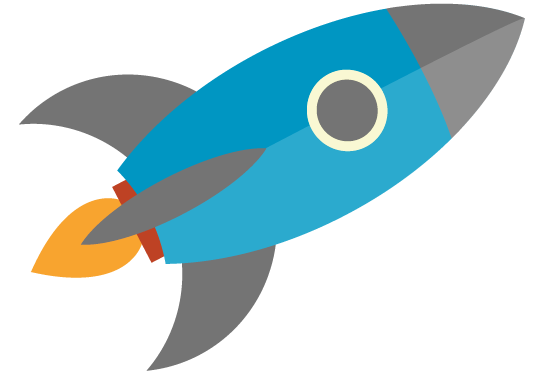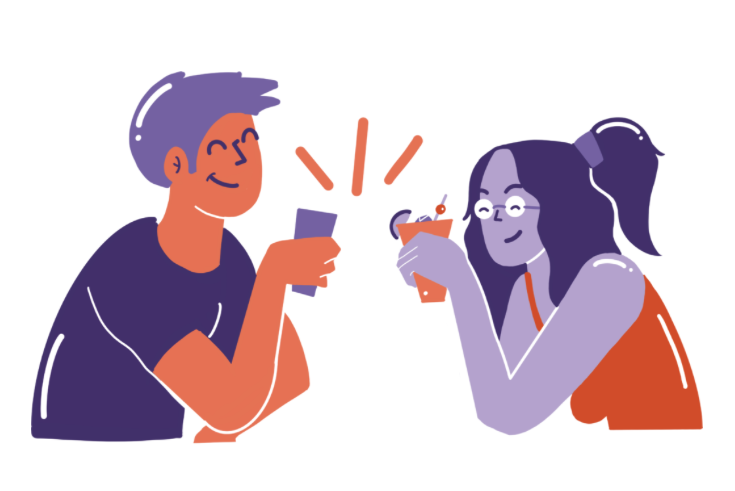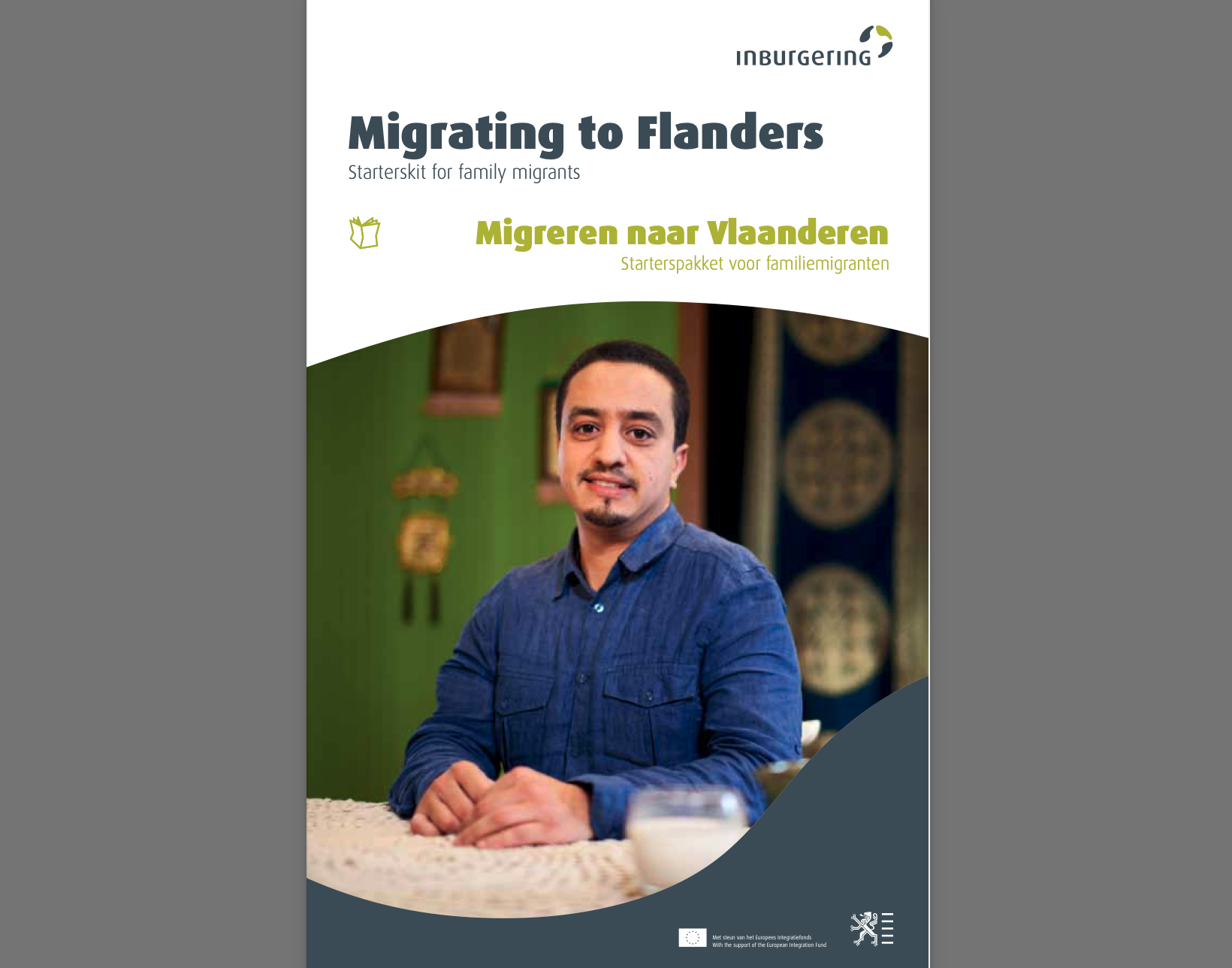Who evaluates applications?
As a HER/HOA, one of the first things you need to consider to adapt to your new life in Belgium should be recognition of your diplomas and qualifications. If recognized, also based on your profession and job market requirements, this will put you one step further in the eligibility grid for the profession you want to exercise. The Flemish authority to grant recognition to diplomas and qualifications is NARIC-Vlandeeren which stands for National Academic Recognition Information Centre.
What NARIC does is to first receive recognition applications from Flanders and Brussels capital region, controlling completeness of the required documents proving educational / professional background, sending file to one expert from its pool of experts, and giving decisions based on the assessment by the latter. The expert objectively compares requirements defined by Belgium law to include minimum year, course and credit burdens that have to be completed during higher education and sending self-recommendations / assessment to the NARIC. There may be cases where the expert invites the applicant to clarify some of the details that are not clear in your file or (s)he may want to test the latter’s knowledge and experience level. Based on this expert view, NARIC makes decisions and informs applicants.
Types of recognition
In principle, there are two types of recognition:
- Level recognition:
This type of recognition certifies the applicants’ completion of a higher
education level (bachelors, masters or higher) without granting recognition
to the specific field the applicant studied.
Example: A (the applicant) graduated from the Faculty of Civil Engineering from X University in Y country following a four year licence program. If (s)he applies or is granted a bachelors level recognition, (s)he will be officially accepted as any Belgian national holding a bachelor’s degree. As such, A will be able to apply for positions within the public sector - meaning government related offices or institutions- looking for candidates with bachelor’s degree. It should be noted that private sector is not bound by such decisions. So let’s say A saw an ad in the newspaper showing a private construction company is looking for a civil engineer with professional background requirements matching that of the A. In this case, A can apply for the job and has chances to exercise the job he applied for.
- Specific
recognition:This type of recognition provides access to the
profession as if (s)he has completed his / her education in the specific
field in Flanders.
Example: So let’s say B has graduated from the Faculty of Pharmacy from R University in S country with a master’s diploma after five years of education. If B is granted specific recognition of his / her diploma, (s)he will be able to exercise his profession as any Belgian national who has completed his masters education in pharmaceutics in Flanders upon completion of relevant procedures regarding entry to specific professions.
Difference between recognition and entry into a profession
It should be noted that diploma recognition and entry into a profession are two interrelated but independent procedures. Having specific recognition does not automatically mean you will be able to exercise relevant jobs in Flanders. Some occupations are regulated. This means that only people who meet certain conditions are allowed to exercise these occupations.
A good example is healthcare professionals like doctors, dentists, hospital pharmacists, physiotherapists, nurses, medical care assistants, paramedic professionals and midwives. If you were exercising any of those jobs in your home country, you have to request specific recognition of your diplomas and then recognition from the Agency for Care and Health. For a list of regulated occupations and other procedures for entry into a profession you can consult here.
NARIC has a slightly different methodology to examine the files of doctors, dentists and nurses. It is a committee of experts that decides on recognition of diplomas for those three professions.
Should you apply for diploma recognition?
Should you apply for diploma recognition? In principle, the answer to this question is categorically “YES”. But it might not be required in each case. It depends on your profession and sector.
- In most cases, your pay grade
changes based on your diploma level and type.
Example: So let’s say, you teach maths in a secondary school in Flanders. The money that you will earn if you have a specific recognition will be more than if you had a level recognition. Your recognized level will also be a factor for determining your pay grade. You will earn more if you have a master’s degree than if you had a bachelor’s degree. Please note, in Belgium, companies try to avoid employing PhD holders based on this automatic rise in their pay grade coming from their high educational level.
- Applying for a recognition is also
important for you do not know what can be of utility in this new host
country and what future holds in store for you. The recognition may seem
“not priority” or “unnecessary” today for you and based on changing
conditions it may become necessary for an unanticipated job opportunity the
next day.
Example: You may have a job that presents ample opportunities in the private sector like computer engineering / technician or you may be willing to disregard your educational background and start a new career as an entrepreneur. In both cases, a diploma recognition seems at first sight unnecessary. However, a new opportunity may become available that requires a master’s degree or having a recognition can allow you to start your own business without having to take management courses.
- What is more, this service is free of charge for asylum seekers, recognized refugees and those having subsidiary protection status. NARIC also implements sort of a positive discrimination towards refugees. Even though non-existent in other cases, NARIC does not stipulate refugees to possess and send all necessary documents for recognition. The harsh conditions that pushed them to migrate to Belgium are taken into consideration and additional steps have been defined to give specific recognition of diplomas. For more detail consult here.
How to apply?
A last important issue to be covered is how to apply for a diploma recognition.
- Self application to
NARIC
The first is self application where you can fill out an application form and attach required documents and send them to NARIC in print or soft form (CD ROM or USB).
You can always apply by yourself but consider other 2 options if you already have an integration contract with AgII or registered to VDAB as a jobseeker. These organizations can also help you for making an application. - Application via Integration
Office (AgII)
If you have an integration contract with AgII, you can apply through Integration Offices. This is possible in the first three years after making an integration contract. Upon receipt of appointment from the nearest integration office, your social assistant will arrange an appointment with an available track counselor (trajectbegeleider - diplomagelijkschakeling & loopbaanoriëntering) to help you throughout the recognition process. This person is experienced in how to handle the forms and relevant documents and has access to the system to upload your submitted documents. This further diminishes required time to get results by discarding unnecessary correspondence. However, in a season where there are too many applications it could take about 3-4 months to find an available appointment from track counselors.
In this second way, it should be noted that track counselor:
- gives info on diploma equivalence,
- gives advice on your case,
- takes only the scanned copies of the documents,
- applies on the digital platform of NARIC for the client by filling all info together (the same info as in the application form of NARIC)
- uploads all documents separately on the NARIC system,
- follows your application, and finally
- if necessary contacts directly the right person at NARIC.
However, your track counselor will NOT:
- decide on how to proceed (decision is yours), and
- pay for the costs related to translation of documents necessary for recognition.
- Application via VDAB
If you don’t have an integration contract but you are already registered to VDAB as a job seeker, you can ask support from your VDAB assistant. Your VDAB assistant helps you to have your diploma recognized and submits an application. Contact your VDAB assistant or go to a VDAB location. See more information on VDAB website.
Networking Posts
How long does it take to receive results?
Under ideal conditions, diploma recognition process lasts about 2 months for level recognition and 4 months for specific recognition.
However, in some cases the process is interrupted or delayed to result in cases where decision is given in about one year or more.
Tips and facts
- Universities are important gateways to continue exercising your original job in Flanders also and your diploma recognition may become instrumental. Although NARIC gives recognition only for labour market entrance, some Flemish higher education institutions can ask for diploma recognition for acceptance in a program or a recognition can help you for getting acceptance.
- Example: To
better illustrate with an example, Turkey is a member of
Bologne process that is the main structure forming
European higher education system. Still, until recently
pharmacy faculties in Turkey were giving diplomas after
four years of university education which is called
“licence program”. In Belgium however, to become a
pharmacist you need to complete three years of
bachelor’s (180 credits) and two years of master’s
program (120 credits). So, if a pharmacist wants to
exercise the profession in Flanders also there are two
ways:
To apply for diploma recognition from NARIC
To apply university to assess and valorize former educational / professional background, give access to university education programs and upon completion give a Flemish diploma which will give access to the relevant profession. -
In practice, if an applicant opts for the first option, (s)he will not be given master’s equivalence based on the difference between years of education and credit. But an (s)he may be granted recognition for bachelor’s degree.
If (s)he opts directly for the second option, general tradition is to take the student from second or third grade of the bachelor’s program. There are even cases where the applicant has not been accepted at all.
However, a recognition certificate from NARIC is an official document with relative importance. In most cases, universities will accept an applicant with bachelor’s recognition directly to a master’s program, which saves him / her 1 or 2 years of hard work.
Universities
If you think a university diploma from a Flemish / Belgian university will help you exercise the job you made earlier, the first thing you have to know is that Belgian universities have autonomy. In other words, NARIC decisions do not bind universities. Universities have academic boards that meet before the academic year to decide on applications. The board decides primarily whether to accept the applicant to the requested program (bachelor’s / master’s) or not and then if positive, from which year of the program. This decision is taken based on the courses you have taken in your earlier university education and years of experience in the respective job.
Tips and facts
- But still, we advise you to apply for specific recognition. Because a recognition is an official document with some weight. There are cases where universities accept a student directly to a master’s program based on this recognition.
Step by step
-
Step - 1
Should I apply for diploma recognition?

YES!
Why?
- In most cases, your pay grade changes based on your diploma level and type. So let’s say, you teach maths in a secondary school in Flanders. The money that you will earn if you have a specific recognition will be more than if you had a level recognition. Your recognized level will also be a factor for determining your pay grade. You will earn more if you have a master’s degree than if you had a bachelor’s degree. Please note, in Belgium, companies try to avoid employing PhD holders based on this automatic rise in their pay grade coming from their high educational level.
- Applying for a recognition is also important for you do not know what can be of utility in this new host country and what future holds in store for you. The recognition may seem “not priority” or “unnecessary” today for you and based on changing conditions it may become necessary for an unanticipated job opportunity the next day. If we need to give an example, you may have a job that presents ample opportunities in the private sector like computer engineering / technician or you may be willing to disregard your educational background and start a new career as an entrepreneur. In both cases, a diploma recognition seems at first sight unnecessary. However, a new opportunity may become available that requires a master’s degree or having a recognition can allow you to start your own business without having to take management courses. What is more, this service is free of charge for asylum seekers, recognized refugees and those having subsidiary protection status.
-
Step - 2
What type of recognition should I apply for?

- There is no quick answer
for that. Detailed information and experiences are
above. But, to give you a quick answer,
- if the job you plan to exercise is NOT regulated,
- If you will not exercise a job in health sector, or
- If your most probable job will be in private sector, most probably you need to apply for a level recognition. - On the other hand, you
should apply for a specific recognition:
- if you want to exercise a regulated job,
- If you are a doctor, dentist or nurse,
- If you need to hold a certain title to exercise your job, or
- If you need this type of recognition to start a special type of education / training that stipulates it.
- There is no quick answer
for that. Detailed information and experiences are
above. But, to give you a quick answer,
-
Step - 3
Where and how should I apply?

There are three places where you can apply:
- Directly to NARIC by mail: You can fill out an application form and attach required documents and send them to NARIC in print or soft form (CD ROM or USB).
- You can apply through Integration Offices: (Only if you are in the first 3 years of your integration contract with AgII) If your Dutch level is at preliminary levels, or if you are new in Belgium and have not a stable address, or if correctness is more important than time you should go through integration offices.
- You can apply through VDAB: If you don’t have an integration contract but you are already registered to VDAB as a job seeker, you can ask support from your VDAB assistant. Your VDAB assistant helps you to have your diploma recognized and submits an application.
-
Step - 4
What are the documents required to apply for recognition?
Here is a list of documents required:

- Copy of a certificate showing your refugee status to waive application fees,
- Copy of ID ime you should go through integration offices.
- Copy of diploma
- Copy of an overview of all subjects taken together with the results for each subject and the number of teaching periods per subject (mainly a diploma supplement, if not existent a transcript)
- Copy of dissertation / thesis (can also be named masterproef, thesis, final project, dissertation, resumé )
- A copy of your CV (obligatory for Doctor of Medicine, recommended for others)
- A copy of your work placement certificate.
- A copy of the documents proving your relevant work experience (obligatory for medical and healthcare professions, recommended in other cases)
- A copy of the official study programme with a description of the contents of the subjects (for specific recognition)
- A copy of your portfolio (obligatory for architects and artistic training)
-
SUCCESS!





